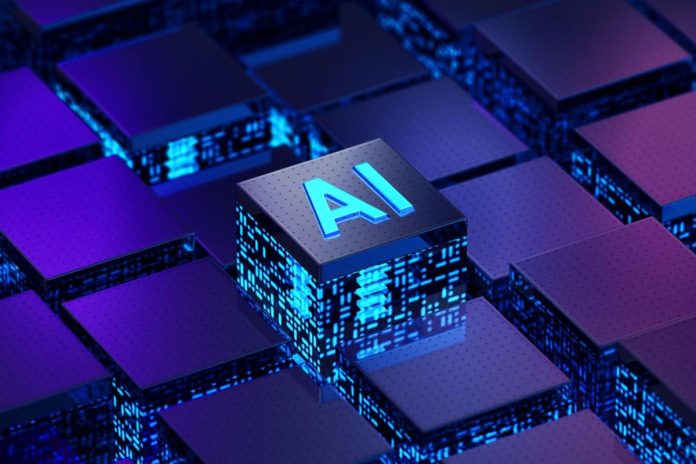AI Applications – Over the past few years, businesses have made prudent investments in business process management and robotic process automation (RPA) (BPM). However, RPA and BPM must be adequate to expand automation programs independently.
Artificial intelligence is necessary for enterprises to advance (faster) in their digital transformation path. Therefore, they require AI, and not just any type will do.
These manual processes in the workflow can be enhanced by implementing AI-powered workflow automation. As a result, operations become more accessible, quicker, and more effective, increasing success.
The AI workflow automation revolution is sweeping strategic corporate decision-making, which directly impacts the productivity and long-term effectiveness of the firm more than any place else.
Table of Contents
The Future Of AI Applications In Workflow Automation Across Sectors
Given below are the ways AI is predicted to affect and enhance the different business sectors in the future—
AI In The Manufacturing Industry
According to a PwC study, product improvements that increase customer demand will account for almost 45% of all economic benefits by 2030.
Manufacturers use AI-supported analytics and data to reduce unplanned downtime and boost productivity, product quality, and employee security.
By enhancing the capabilities of every manufacturing business function, AI may dramatically improve the quality and scope of work in the manufacturing sector.
According to Jeff Kavanaugh, Senior Partner at Infosys Consulting, “people skills must change to meet the requirements of fluid, wholly new, even unanticipated tasks that robots cannot do.”
- Quality Improvement
Cobots, or collaborative robots, assist people with challenging professions by doing activities requiring sophisticated thought and problem-solving abilities.
- Maintenance Planning
AI improves asset utilization and production by foreseeing unplanned equipment and machine failure.
- Production Boosting
Businesses may successfully pinpoint the root causes of yield losses and find the critics using AI engines.
Using artificial intelligence solutions (AI) in the industrial sector is a good development, and reskilling the current workforce can lead to successful outcomes.
Humans can concentrate on tasks that provide more excellent value to their positions and the company through AI and automation.
The present workforce may be placed at the forefront of this transition if they have a working knowledge of the most recent industrial technology and practical experience.
AI In Retail Businesses
325,000 merchants will employ machine learning (ML) in some capacity by 2023. Customers are prepared to spend up to 16% extra for tailored shopping experiences using AI.
Several sizable retail outlets have implemented AI to enhance inventory management and streamline the supply chain.
People may use an image instead of keywords to search the internet using visual search, an AI innovation.
With the help of developments in digital and manufacturing technologies, firms can now provide customers with the option to personalize or create products online or in person.
According to a Deloitte survey, more than 50% of consumers are interested in buying personalized items for themselves and their friends and family. Therefore, every retailer’s IT agenda must include enabling personalization to maintain long-term competitiveness.
AI In The Healthcare Industry
Healthcare might become more affordable, efficient, individualized, and egalitarian with AI-enabled procedures and workflows.
AI is already enhancing ease and efficiency, from patient self-service to chatbots and image data analysis to find candidate compounds in drug research.
Today, AI can identify patterns across vast volumes of data that are too complicated or nuanced for humans to notice.
A hospital is no longer only a sizable structure that treats many ailments. Instead, it concentrates attention on complicated operations and the critically ill.
Smaller hubs and spokes are used to monitor and treat less acute illnesses. To track supply and demand in real-time centralized command centres analyze geographic and clinical data to track supply and demand in real-time.
AI In The Real Estate Industry
Anywhere Real Estate is utilizing AI to help eliminate prejudices and increase homeownership diversity.
Major real estate brands owned by the corporation include CENTURY 21, Coldwell Banker, and Sotheby’s International Realty. Data collection using AI has the potential to reveal hidden trends that have a detrimental influence on how people of colour buy homes.
In addition to assisting clients, AI in real estate enables brokerages and franchisees to expand by streamlining the hiring procedure.
Both buyers and sellers may use data to obtain independent advice on whether or not their current offers will be accepted and which properties would be the most excellent fit for them.
AI Applications may decrease prejudice and increase homeownership diversity by making predictions based on objective and impersonal facts.


Review AI Applications: The Future Of Workflow Automation.